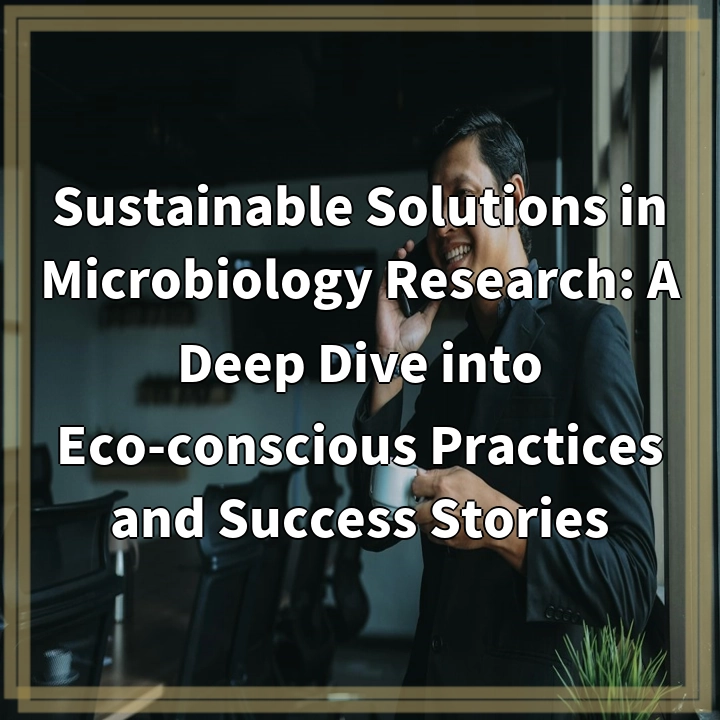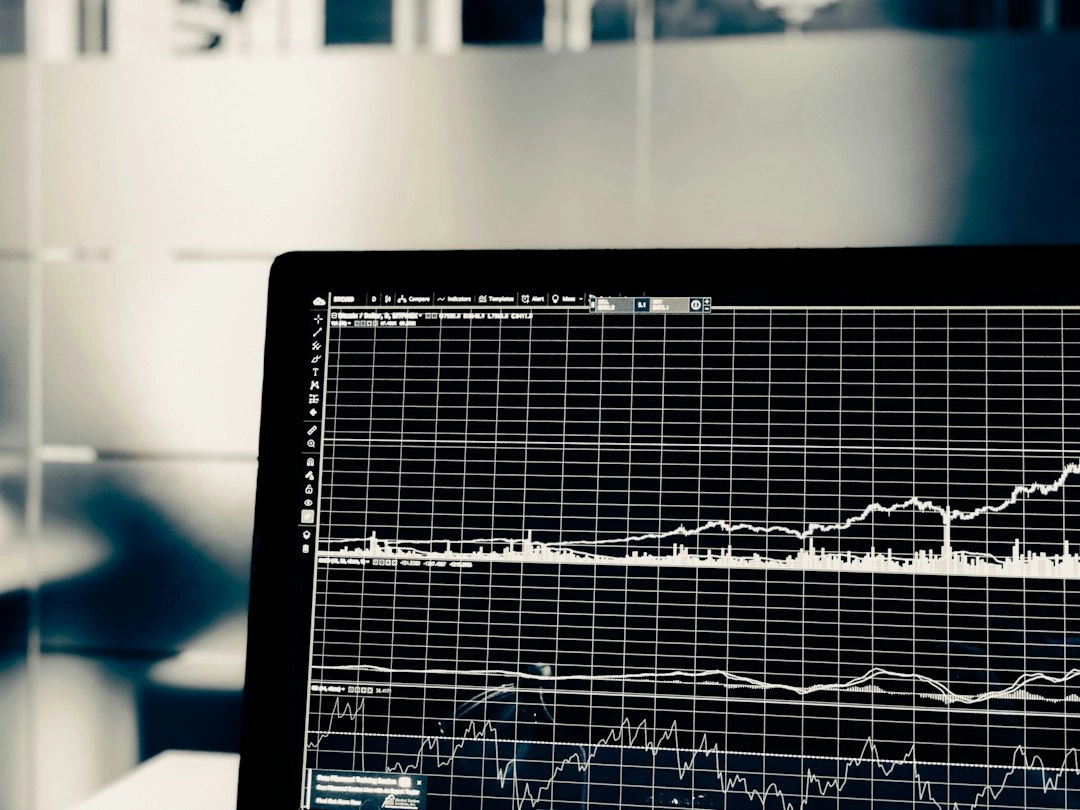
What it is:
Microbiology research plays a vital role in various industries, including healthcare, agriculture, and environmental sciences. As the need for sustainable practices increases, it becomes imperative to integrate eco-conscious approaches into microbiology research. Sustainable solutions in microbiology research involve implementing strategies that minimize environmental impact, reduce resource consumption, and promote long-term ecological balance.
Real-world problems:
While microbiology research has contributed immensely to advancements in science and technology, it is not exempt from environmental challenges. Some of the real-world problems associated with microbiology research include:
1. Energy consumption:
Microbiology research facilities often require a significant amount of energy to power laboratory equipment, climate control systems, and data analysis infrastructure. The heavy reliance on non-renewable energy sources contributes to greenhouse gas emissions and climate change. Finding alternative energy sources and optimizing energy usage within microbiology research laboratories is crucial to mitigate these environmental impacts.
2. Hazardous waste management:
Microbiology research generates a substantial amount of hazardous waste, including chemicals, biohazardous materials, and contaminated laboratory equipment. Inadequate waste management practices can lead to environmental contamination, endangering ecosystems, and human health. Implementing sustainable waste management strategies such as proper segregation, recycling, and safe disposal is necessary to minimize the environmental risks associated with microbiology research.
3. Water consumption:
Water is a vital resource in microbiology research for various laboratory processes, including sample preparation and equipment sterilization. However, excessive water usage and inefficient water management can strain local water supplies and contribute to water scarcity issues. Incorporating water conservation measures, such as recycling water and adopting efficient laboratory equipment, can help address this challenge.
4. Chemical usage and pollution:
Microbiology research often involves the use of chemicals, such as reagents and disinfectants, which can pose environmental risks if not handled properly. Chemical spills, improper disposal, and the release of contaminants can harm ecosystems, wildlife, and human populations. Implementing sustainable practices, such as using greener alternatives, minimizing chemical usage, and employing safe disposal methods, can minimize the negative impact on the environment.

Solutions for Sustainable Microbiology Research:
Addressing the real-world problems associated with microbiology research requires the implementation of sustainable solutions. Here are some strategies that can be adopted to promote eco-conscious practices in microbiology research:
1. Energy-efficient infrastructure:
Investing in energy-efficient laboratory equipment, such as fume hoods, incubators, and autoclaves, can significantly reduce energy consumption. Implementing smart building designs that incorporate natural lighting, advanced insulation, and energy management systems can further optimize energy usage in microbiology research facilities.
2. Waste reduction and proper management:
Promoting waste reduction practices, such as minimizing single-use plastic consumables and implementing in-house recycling programs, can help reduce the overall waste generated in microbiology research. Proper segregation, labeling, and safe disposal of hazardous waste should be a priority to minimize environmental contamination risks. Collaboration with waste management experts can ensure compliance with local regulations and best practices.
3. Water conservation:
Implementing water-saving practices, such as using water-efficient laboratory equipment, collecting and reusing non-contaminated water, and optimizing laboratory protocols to reduce water consumption, can contribute to water conservation in microbiology research. Regular maintenance of equipment and plumbing systems can also help prevent water leaks and reduce wastage.
4. Green chemistry and sustainable materials:
Integrating principles of green chemistry, such as using safer and eco-friendly alternatives to hazardous chemicals, can minimize the environmental impact of microbiology research. Additionally, opting for sustainable materials, such as biodegradable or recyclable consumables, can contribute to reducing waste and pollution.















